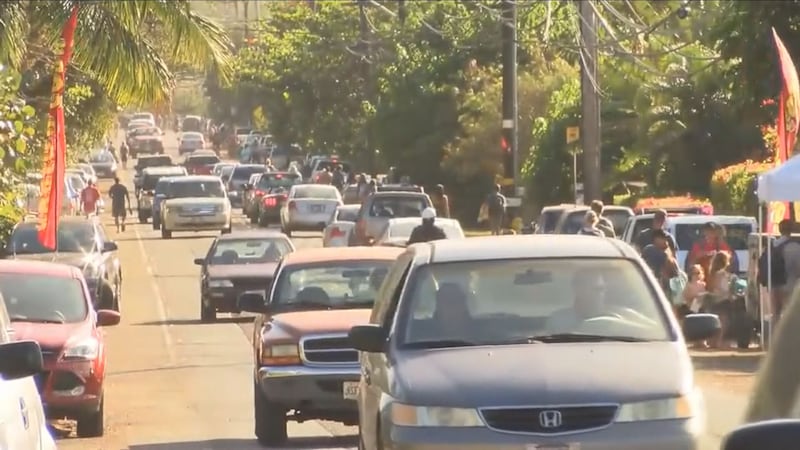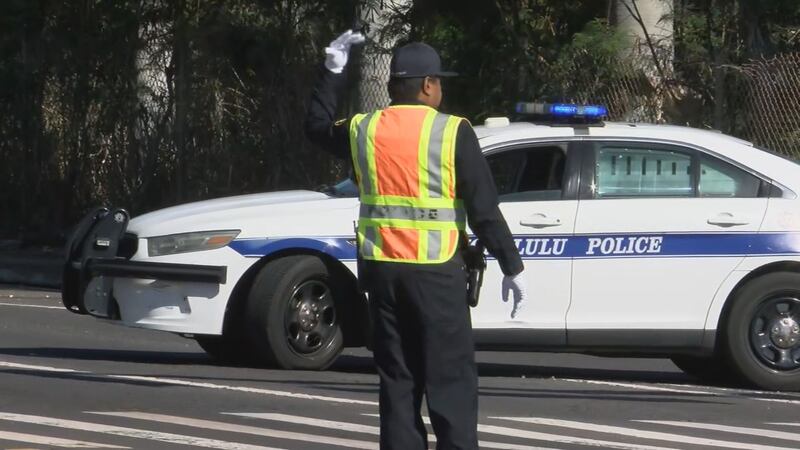It’s being called Hawaii’s biggest tax break, but some will get more help than others
HONOLULU (HawaiiNewsNow) - Details emerged Monday on what lawmakers promise is the biggest tax break in Hawaii history. The deal approved late last week is designed to ensure when people get a raise — or the minimum wage rises — it’s not eaten up by higher tax rates.
The excise tax system has always been tougher on low-income earners. Lawmakers are clearly trying to correct that inequity, but it’s also offering tax cuts for people with the highest incomes.
State Rep. Kyle Yamashita, chair of the House Finance Committee, said Friday the plan is affordable to the state treasury because — other than immediate changes to aid lower income workers — most of the cuts take place over time.
“It is going to be over the next six years,” he said.
HNN Investigates
“Billions of dollars, that the taxpayer, the working people of the state of Hawaii will realize.”
Dylan Moore, tax policy analyst for the University of Hawaii Economic Research Organization, said the bill approved in money committees makes a big shift in how Hawaii residents are taxed.
“Although it’s providing the most tax relief in some ways to the highest income taxpayers, it is also making the tax system more progressive,” he said.
Lynn and Augie W., who asked their last names not be used, work for a parking lot vendor. With the help of experts, HNN estimated that by 2027, they’d pay about $2,000 less in taxes per year under the changes. They said they welcome the effort, but that’s not a life changing amount.
“That will not make any difference for us,” Lynn said. “We’re already struggling with just buying food. You know, for our family of seven you know, it’s pretty tough.”
Devin Thomas, senior policy analyst for taxes and budget for Hawaii Appleseed, lobbied for tax relief for low and no-income residents and families living paycheck to paycheck.
“We can’t deny that this bill will provide a lot of assistance to folks who need it across the board, low to middle income families, households, who are struggling to make ends meet,” he said.
“But we wish that there were more for lower income folks.”
A typical two-income household making $50,000 a year, and using the standard deduction, are paying about $2,500 per year. By 2027, the bill would drop that by 80% — to about $500.
A middle-class family with $150,000 in taxable income would see a reduction of about 24%. A professional-level, two-income family with $400,000 taxable would save the most — over $7,000.
“The largest tax cuts are going to be going to the people at the top of the income distribution,” Moore said. “There’s very little tax relief in here for say, people who are at the very bottom.”
Bills to adjust tax credits for families with children or paying for dependent care did not pass; neither did a controversial bill to lower the estate tax for high-income families.
Although pleased the inheritance tax reduction failed, Hawaii Appleseed was unhappy that the reform bill delivers so much relief to people with the highest incomes.
“The vast majority of tax relief should be going to the people who need it urgently, as opposed to folks who are doing quite well in the status quo,” Thomas said.
“Everything said very expensive,” Augie added.
“The food. The gas supply for the kids is unbelievable. What can we do?”
The tax bill came out late Friday so many, including the state Tax Department, were still crunching the numbers. It goes to the full House and Senate before heading to the governor’s desk.
Copyright 2024 Hawaii News Now. All rights reserved.














